Being sexually active after breast cancer is a personal and potentially challenging journey due to physical changes and emotional stress from treatment, but it's possible to regain intimacy through open communication, exploring new forms of touch and connection, using lubrication for comfort, and finding new ways to express sensuality.
Some common challenges that can occur...
Physical Changes: Treatment can cause vaginal dryness and pain during intercourse, changes in breast sensitivity, scars, fatigue, and even early menopause.
Creams such as on Hemp Oil can help to alleviate vaginal dryness.
Hormonal Shifts: Chemotherapy can impact hormone levels, leading to changes in libido, arousal, and vaginal health.
Using cream such as JO For Her Warm & Buzzy Clitoral Stimulant Water-Based - 10mL can boost her libido.
Body Image: Body changes, such as breast loss or altered shape, can impact self-esteem and desire for sex.
To regain sexual activity after breast cancer, be patient, communicate openly with your partner about any physical or emotional changes, and take a gradual approach by starting with non-penetrative intimacy.
This is where clitoral toys such as comes into play along with gentle superficial stroking using a massage glove or finger vibe for stimulation and enhancement which can lead to satisfying climax.
Physical Re-engagement
Start slowly: Begin with low-pressure physical activities like kissing, snuggling, or massage, focusing on sensations without the expectation of intercourse.
Explore alternatives: Don't limit yourself to penetrative sex. Explore different types of touch, sensual activities, and fantasies.
Use aids if helpful: Consider using vibrators or other sexual aids to enhance pleasure and arousal.
Manage physical discomfort: Use water-based lubricants such as Pjur Woman Nude and Pjur Woman Aqua for vaginal dryness and talk to your doctor or a physical therapist about other solutions for pain or discomfort. Use oil-based lubricants for longer lasting pleasure, add cooling sensations to really get things going with On Ice Arousal Oil.
Exercise and relax: Regular physical activity can boost energy and body image, while relaxation techniques can help with intimacy.
What you should avoid:
You should not use nipple clamps after breast cancer without consulting your doctor, as the cancer's impact on your breast tissue, nerve healing, and potential for complications like scarring are significant considerations. While nipple clamps may be used to correct inverted nipples for some individuals, their safety and appropriateness after breast cancer surgery or treatment are unknown, and they could cause harm, especially if the nipple and surrounding tissue have been affected by cancer or surgery.
Is it safe for my partner?
During chemotherapy
-
Weakened immune system:
- Chemotherapy can temporarily weaken your immune system, making you more vulnerable to infections. Partners with cold sores or other infections should not engage in oral contact with the breasts.
-
If there is nipple discharge
- Abnormal nipple discharge, particularly if it's bloody, should be evaluated by a doctor. While your partner cannot get cancer from contact, it is best to avoid oral contact with any discharging nipple.
-
Your comfort and safety
- For the person with breast cancer, physical changes and treatment side effects can affect comfort and pleasure.
Considerations for a person with breast cancer
-
Take it slow. Focus on emotional closeness, touch, and sensuality before penetrative sex.
-
Use sex toys designed for comfort and stimulation — such as small vibrators or massagers — to help rebuild arousal and sensitivity.
-
Explore new forms of intimacy: Massage, shared baths, or gentle oral stimulation can help rediscover pleasure without pressure.
-
Communicate openly with your partner about what feels good and what doesn’t.
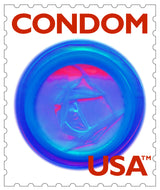






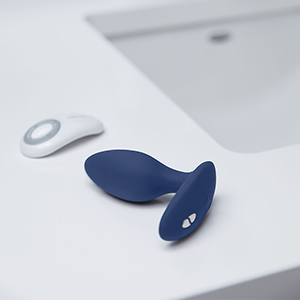
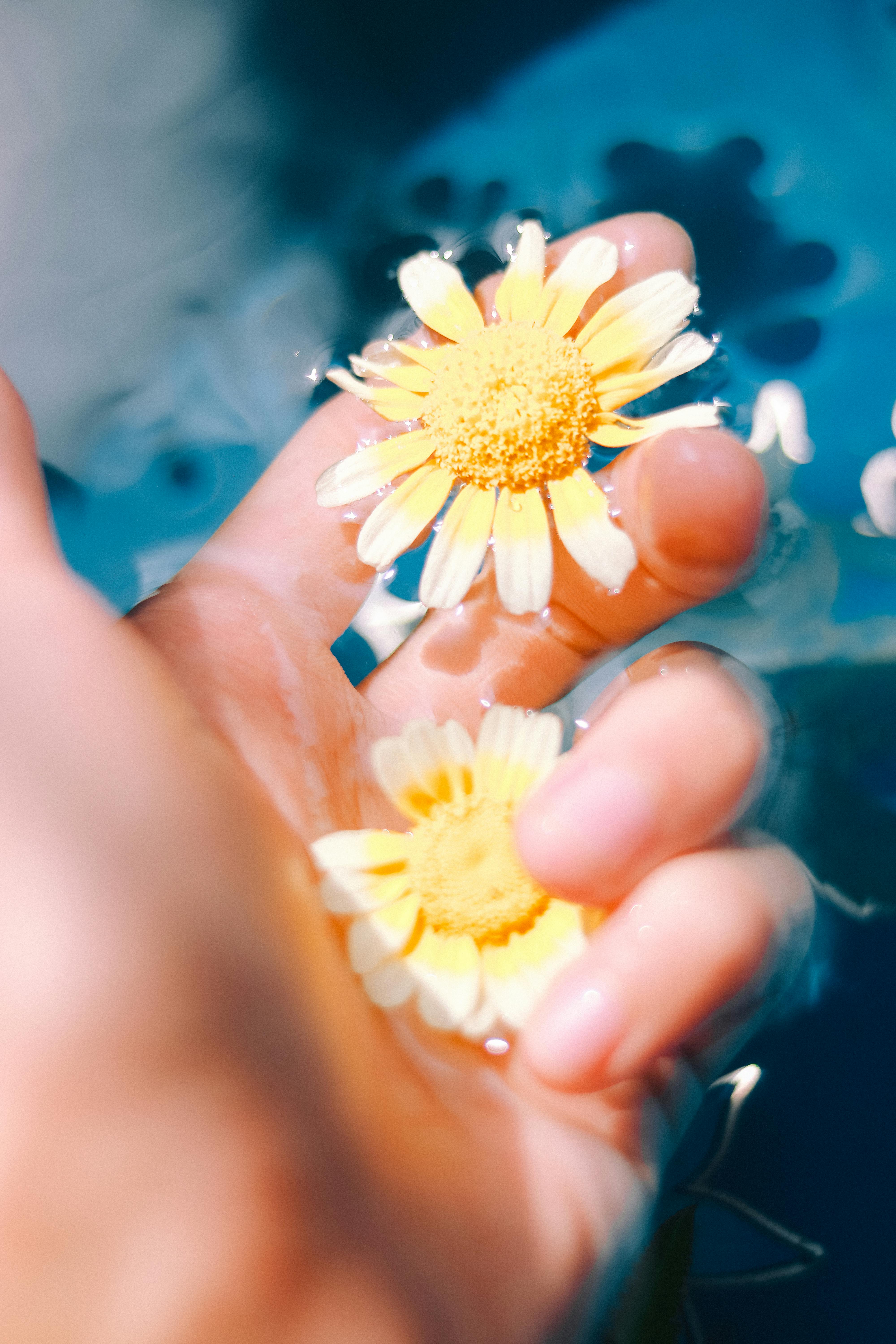
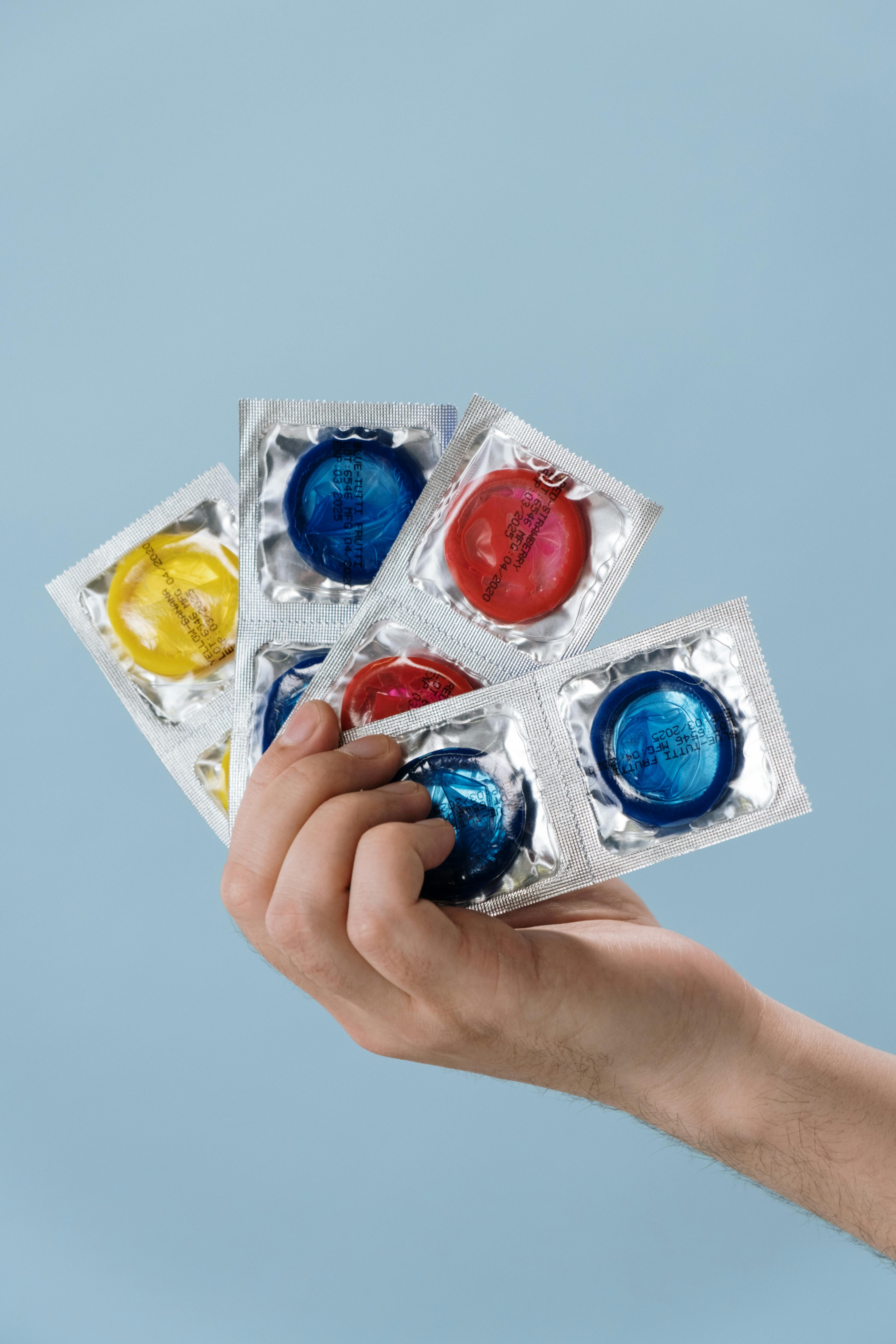
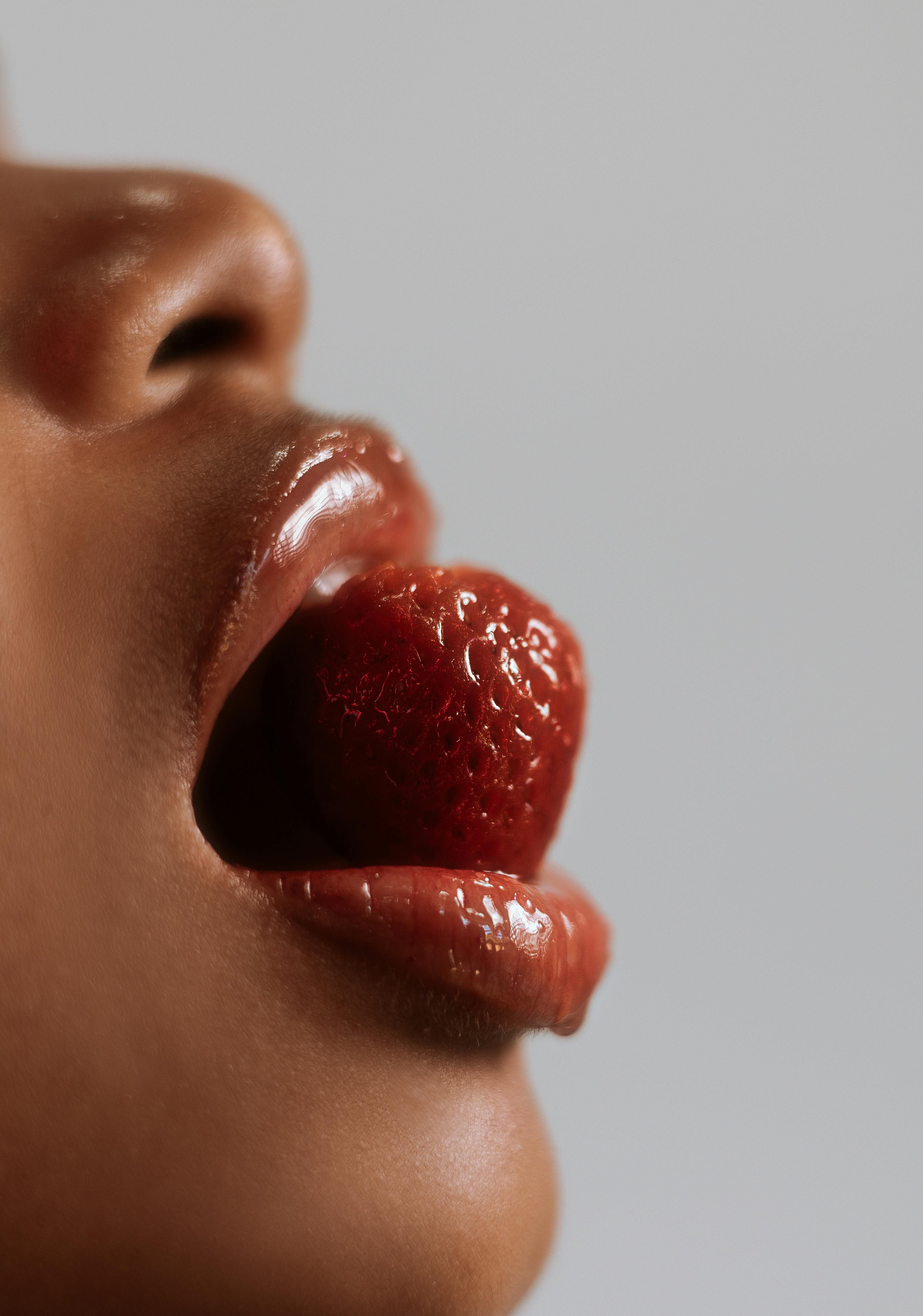
Deja un comentario